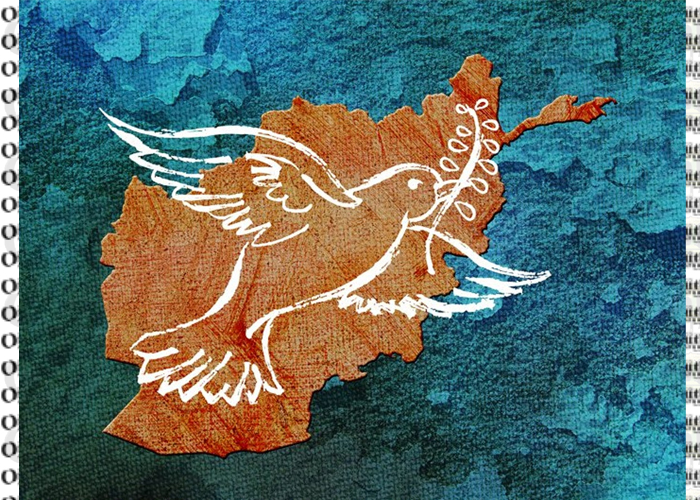After high-level exchanges between Kabul and Islamabad earlier this year, a sense of bonhomie emerged between the two sides and Pakistani officials reiterated their support to the intra-Afghan dialogue. Afghan-Pak officials sought not to exchange harsh rhetoric although the trust deficit lingered on and Islamabad did not fulfill its promise. In turn, the intra-Afghan dialogue reached stalemate.
The exchanges of goodwill could narrow the gap between Kabul and Islamabad to some extent, but Afghan officials and political leaders constantly doubted Pakistan’s sincerity. The mistrust was compounded as, last year, Mullah Abdul Ghani Baradar confessed in a video clip that Taliban’s councils existed in Pakistan, the statements Islamabad did not deny.
Recently, Afghan national security adviser Hamdullah Mohib said that Islamabad directed the Taliban’s insurgency in Afghanistan, charges Islamabad rejects. Pakistan showed a backlash against Mohib’s statements, saying that it would not hold bilateral engagements with him because of his recent “abusive outburst”.
It is self-explanatory that Islamabad has strong influence over the Taliban leadership and could nudge it to continue the talks with goodwill or face the consequences. A Pakistani security analyst Muhammad Amir Rana said in his recent op-ed in a Pakistani newspaper, “The Taliban still need an ally like Pakistan, which can continue providing diplomatic support on international forums. Even Pakistan cannot think of completely disengaging with the Taliban because, with new strategic alignments, its edge over the Taliban is a crucial component of its ability to bargain with the rest of the world.” He added, “Both need each other….” With this in mind, Pakistani political and security analysts believe that Pakistan and the Taliban leadership are allies and need to maintain their ties. However, the alliance of a state with a terrorist group, which is involved in violence and bloodshed, is not recognized or understandable in international law. Such perceptions are likely to compound negative notion against Pakistan.
Pakistan, if it is sincere and committed, needs to fulfill its promise and pressure the Taliban to stop a foul play at the table and negotiate with goodwill for peace and stability and prove its intention for peace through reducing violence.
Although the blame game between Kabul and Islamabad will increase mistrust, it is unlikely to stop unless Pakistan fulfills its promise and pressures the Taliban to reach an agreement with the Kabul administration. That is, to build trust, Pakistan has to prove its support to the Afghan peace process. The Taliban group, as Rana puts, is aware of the consequences of upsetting ties with Islamabad, which could include arrests of their leaders and travel restrictions on their members. Hence, the group is seeking not to upset Islamabad. Considering this fact, Islamabad has to use its leverage on the group and push it to reaching a peace agreement with the Afghan administration.
I believe that as peace talks are making the headlines on international newspapers, it is not time to raise controversial issues. Recently, spokesperson to Afghan National Security Council Rahmatullah Andar has said on a tweet that there is no information about the Taliban leader Mullah Haibatullah, adding that it is not clear whether Haibatullah is alive since no one has heard about or seen him for months.
I believe that if all three sides including Afghanistan, Pakistan and Taliban focus on peace process, the talks will bear the desired result. The Taliban group has to reduce violence and declare ceasefire to pave the ground for peace agreement. The group should stop a foul play and seeking concessions through military deal. Pakistan needs to use its leverage on the group and close its councils on its soil. The Afghan government should not resume blame game and has to stop raising controversial issues. All should play their role constructively.
Overall, all have confirmed that military deal will not put an end to the conflict and no side will win through military approach. Therefore, warring sides should engage in meaningful talks and stop any acts which will undermine peace and stability and challenge the reconciliation process. Responsible acts and words are important for all sides.
Home » Opinion » Harsh Rhetoric, Controversial Issues Challenge Peace Process
Harsh Rhetoric, Controversial Issues Challenge Peace Process
| Hujjatullah Zia

